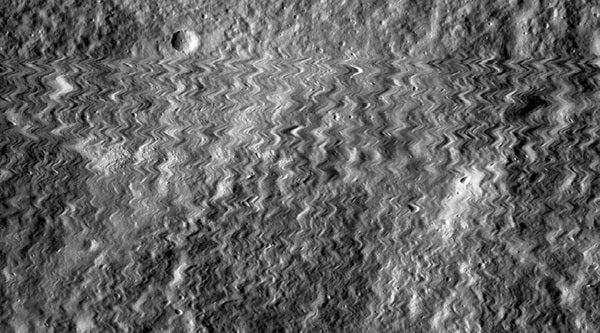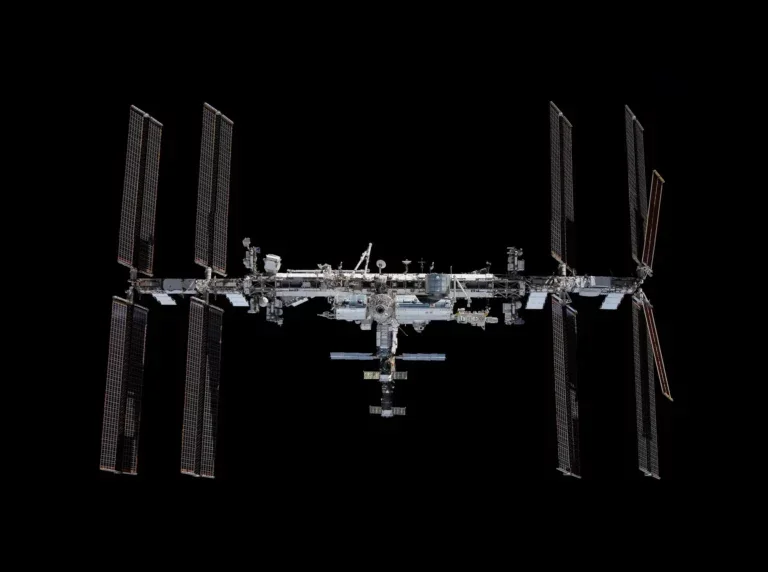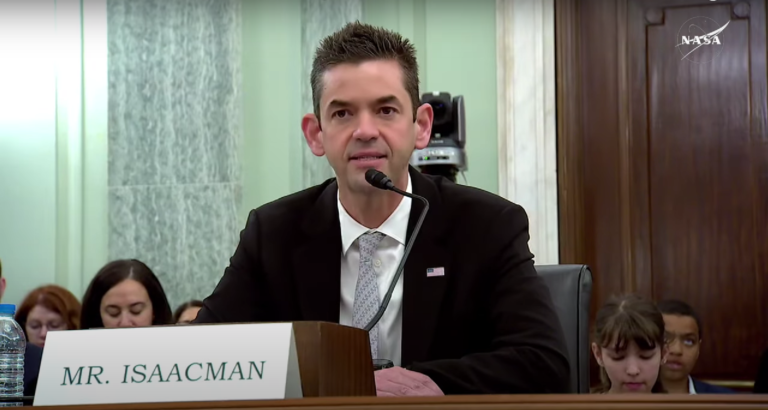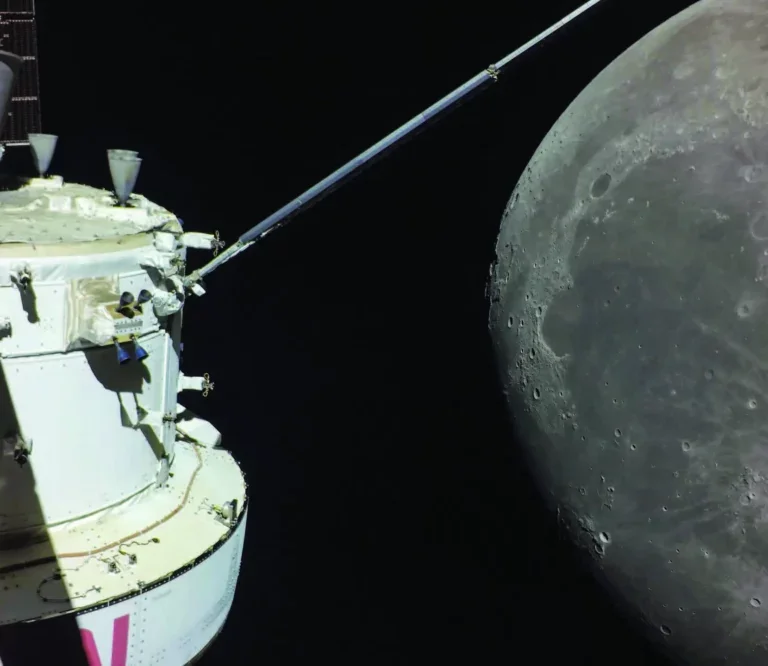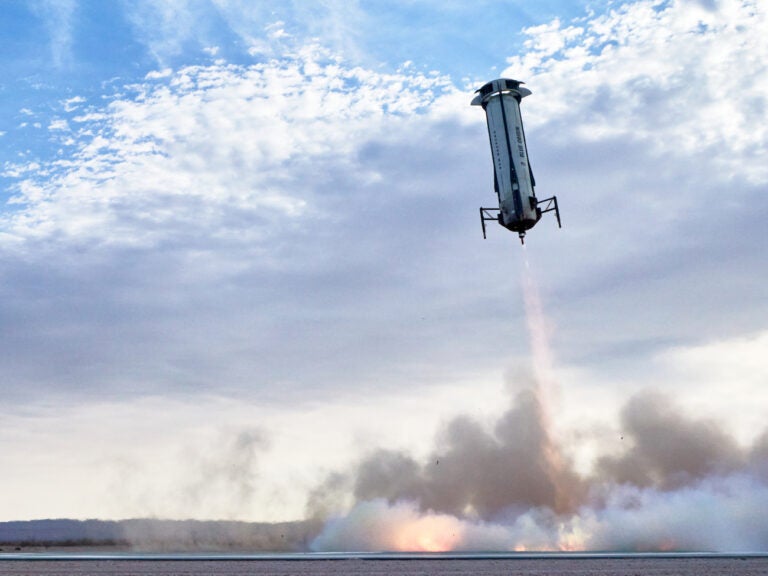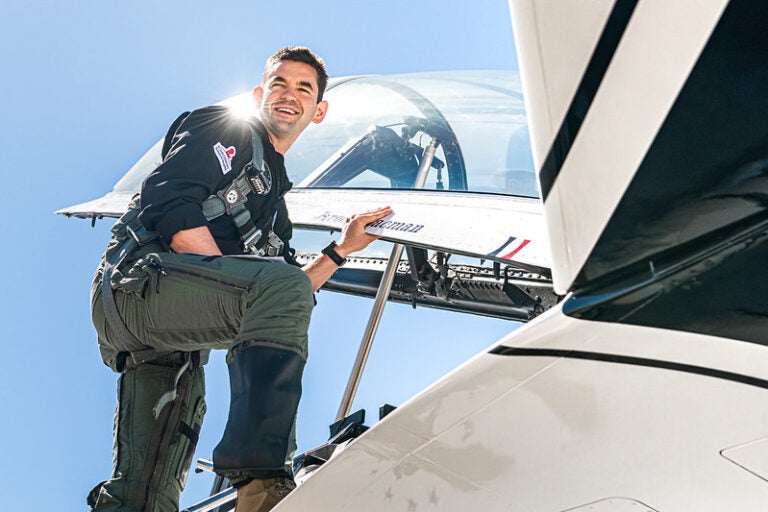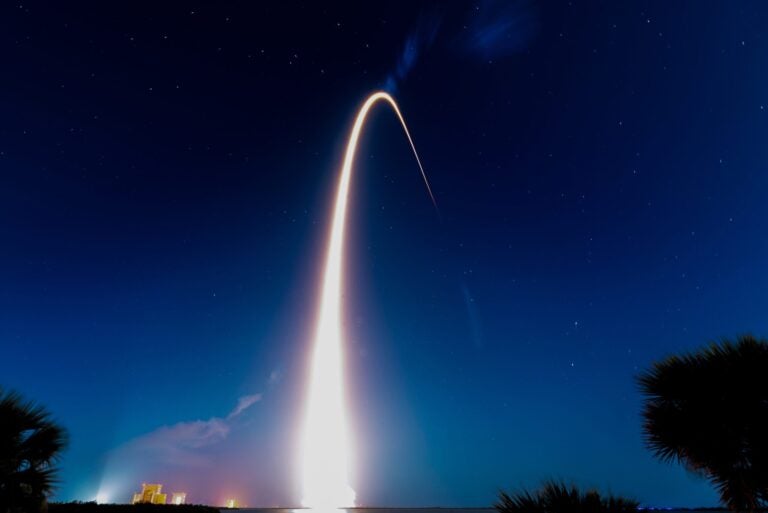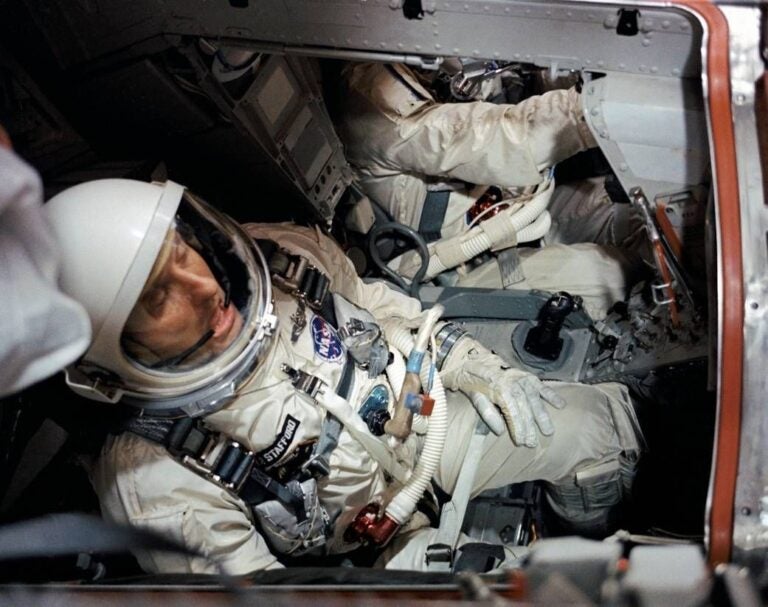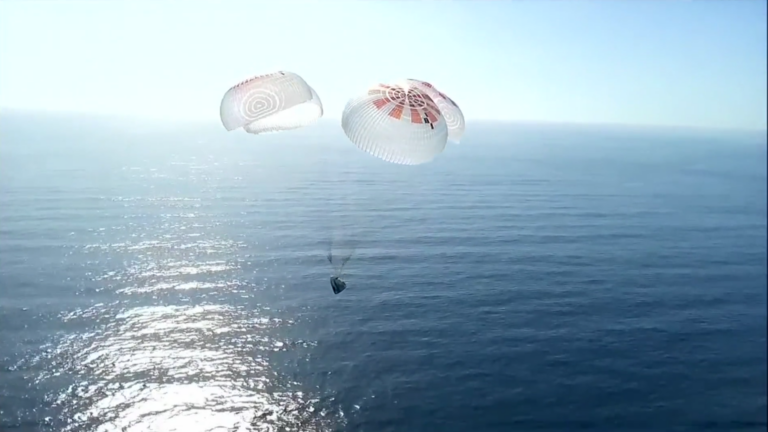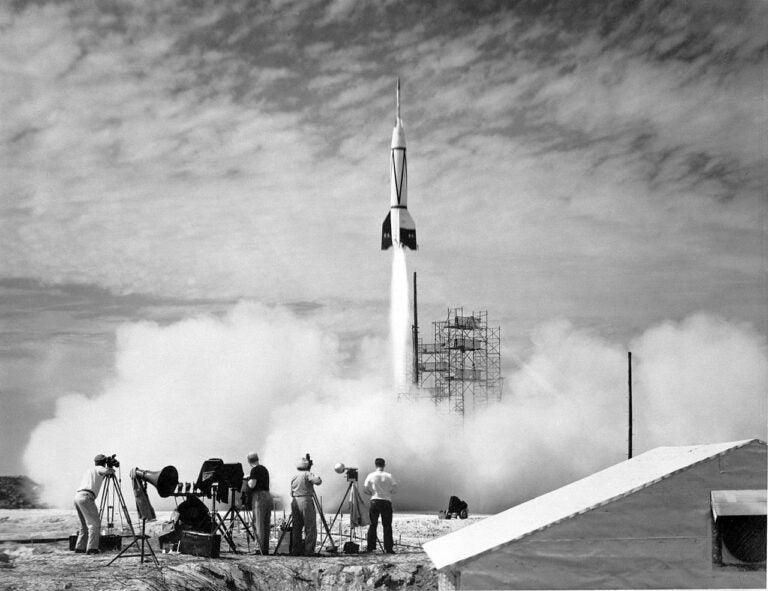The Lunar Reconnaissance Orbiter (LROC) was launched back in June 2008 to study the Moon. It was created with two Narrow Angle Cameras (NACs) and the Wide Angle Camera to capture high-resolution images of the Moon’s surface.
While these high-tech cameras were typically sending back beautiful and clear images, scientists were puzzled on October 13, 2014 when the LRO sent back an unclear “jittery” image.
Mark Robinson, professor and principle investigator of LROC, said the poor quality of the image was likely caused by a brief, violent collision to the left NAC. The team ran through a list of what could have caused the disruption, but there were no issues with the spacecraft and Robinson said those types of issues would have also impacted the right NAC.
“The only logical explanation,” Robinson said in a press release, “is that the NAC was hit by a meteoroid.”
To verify this theory, the LROC team used a computer model that was created during LROC’s development – a vibration table that was used to simulate a launch, a test that the cameras passed to prove stability.
They reproduced the distortions from the image received and determined that the left NAC was hit by an 0.8 mm meteoroid with a density of 2.7 grams/cm3 going at a velocity of about 4.3 miles (7 kilometers) per second.
“The meteoroid was traveling much faster than a speeding bullet,” Robinson said. “In this case, LROC did not dodge a speeding bullet, but rather survived a speeding bullet!”
Not only is it rare for an instrument to survive such a collision, but according to Robinson it’s incredibly rare for the camera to capture the event. Luckily, the meteoroid didn’t cause any serious damage to the instruments.
“Since the impact presented no technical problems for the health and safety of the instrument, the team is only now announcing this event as a fascinating example of how engineering data can be used, in ways not previously anticipated, to understand what is happing to the spacecraft over 236,000 miles (380,000 kilometers) from the Earth,” said John Keller, LRO project scientist from NASA’s Goddard Space Flight Center.

